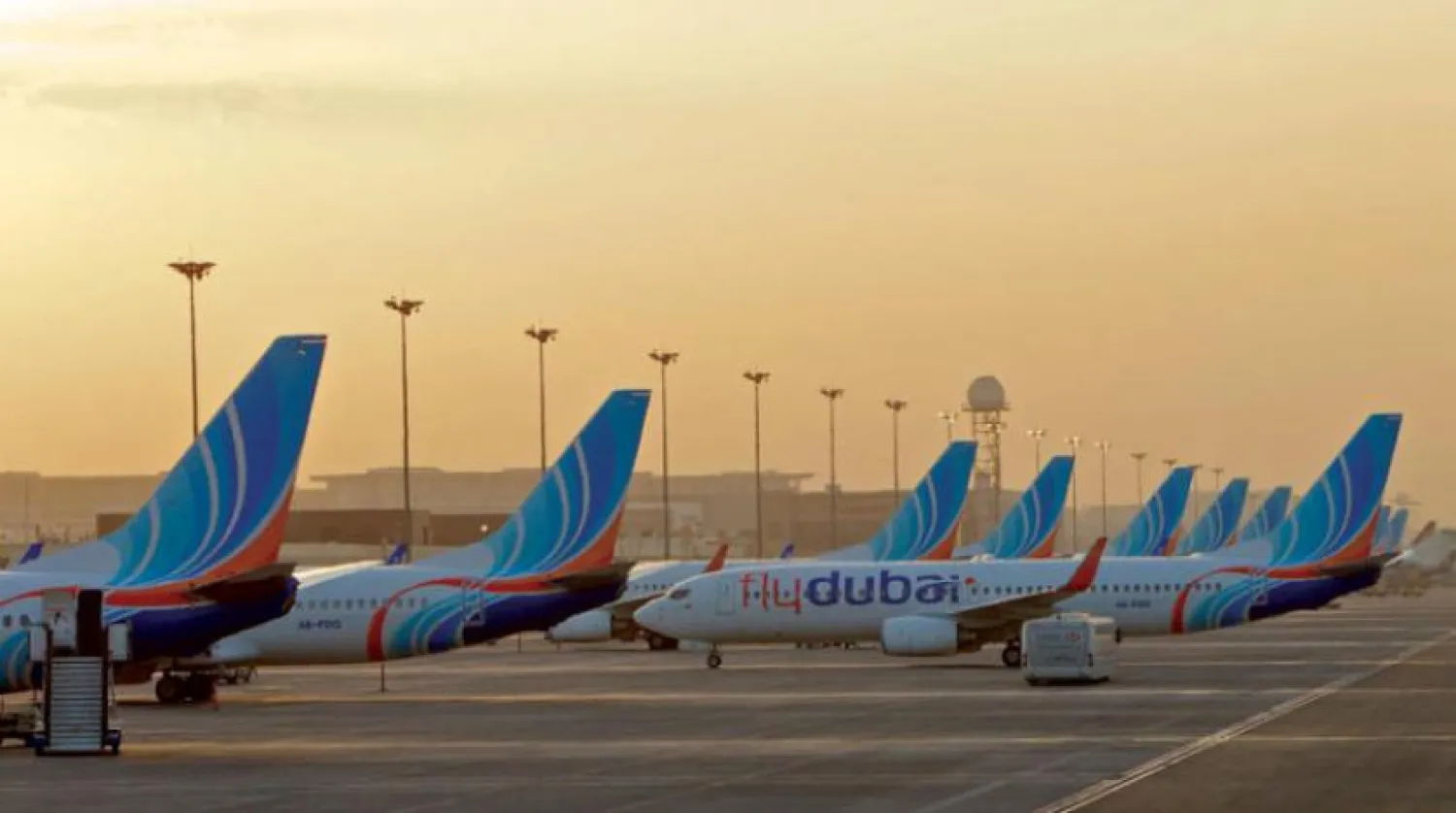The United Arab Emirates announced Wednesday it is currently considering the return of the Boeing 737 Max aircraft to its airspace.
The General Civil Aviation Authority (GCAA) is closely working with the Federal Aviation Administration (FAA), Boeing and UAE operators on the B737Max return to service after suspension due to two tragic accidents, said GCAA Director General Saif Mohammad al-Suwaidi.
“We are in regular discussions with the FAA and Boeing on all aspects of the certification including design, test flights and training for the flight crew.”
Suwaidi pointed out that the GCAA is coordinating with other major regulators around the world to share information and benefit from their experience.
The UAE approval for the return of B737Max to service is dependent on the current certification activities between the FAA and the Boeing, the official noted.
“The GCAA is committed to ensuring the highest standards of safety in the UAE skies and will work to return B737Max to service until acceptable safety standards are attained,” he stressed.
The UAE’s flydubai carrier is one of the largest operators of the stopped plane, as nearly 14 Boeing 737 Max tankers have been suspended since March 2019.
Many world countries banned its flights after the US-based FAA requested halting flights of Boeing’s aircraft.
Those countries took the decision after the crash of an Ethiopian Airlines Boeing 737 MAX 8 aircraft shortly after it took off in March 2019, killing all 157 people on board.
The Ethiopian plane accident occurred less than five months before another plane belonging to the Indonesian airline “Lion Air” plane plunged into the Java Sea on October 29, killing all 189 people on board.









